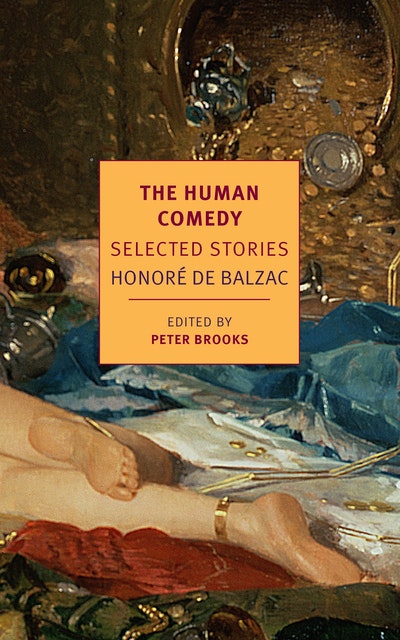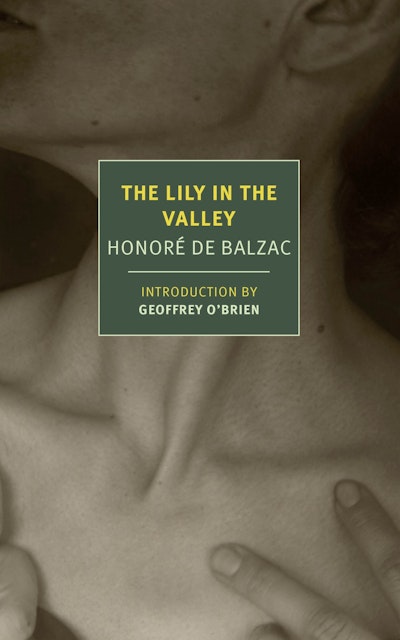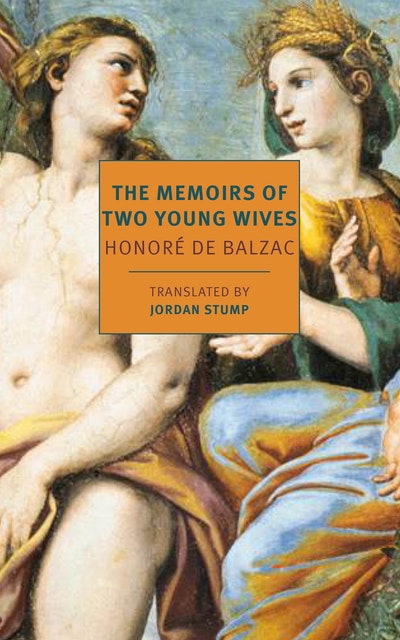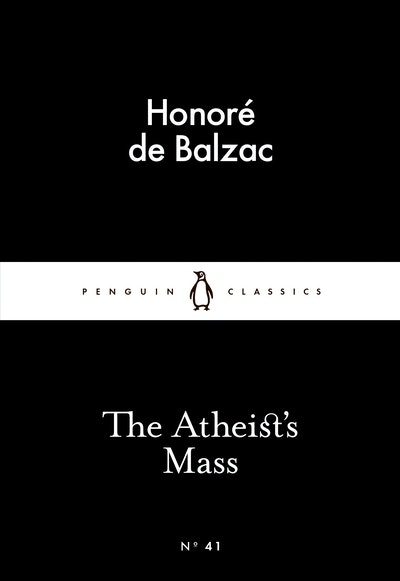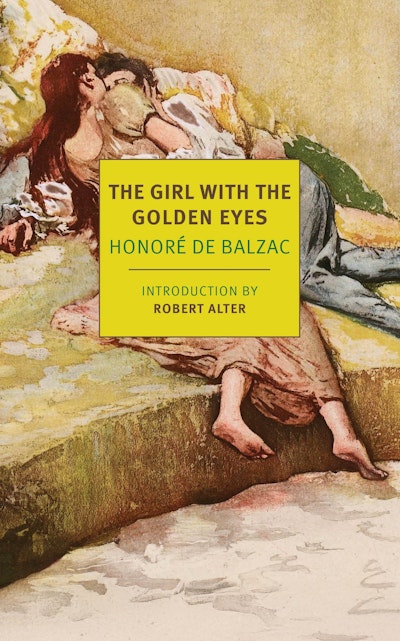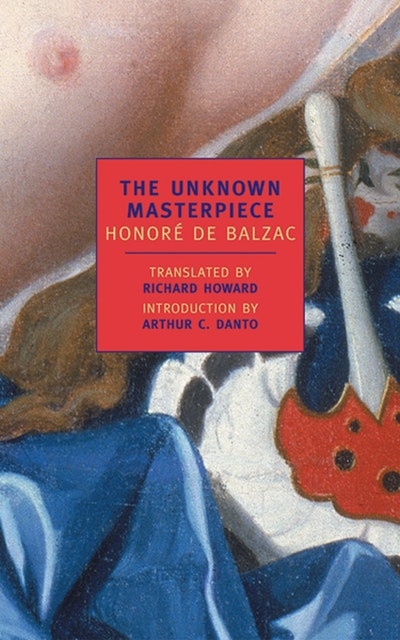- Published: 15 January 2014
- ISBN: 9781590176641
- Imprint: NY Review Books
- Format: Paperback
- Pages: 464
- RRP: $55.00
The Human Comedy
Selected Stories
- Published: 15 January 2014
- ISBN: 9781590176641
- Imprint: NY Review Books
- Format: Paperback
- Pages: 464
- RRP: $55.00
"Large as Balzac is, he is all of one piece and he hangs together perfectly." --Henry James
"I have learned more [from Balzac] than from all the professional historians, economists and statisticians put together." --Frederick Engels
"Balzac was both a greedy child and an indefatigable observer of a greedy age, at once a fantastic and a genius, yet possessing a simple core of common sense." --V.S. Prichett
"Balzac was by turns a saint, a criminal, an honest judge, a corrupt judge, a minister, a fob, a harlot, a duchess, and always a genius." --André Maurois
"All Balzac's characters are endowed with the zest for life with which he himself was animated. All his fabrications are as intensely colored as dreams. From the highest ranks of the aristocracy to the lowest dregs of society, all the actors in his Comedié are more eager for life, more energetic and cunning in their struggles, more patient in misfortune, more greedy in pleasure, more angelic in devotion than they are in the comedy of the real world. In a word, everyone in Balzac has genius.... Every living soul is a weapon loaded to the very muzzle with will." --Charles Baudelaire
